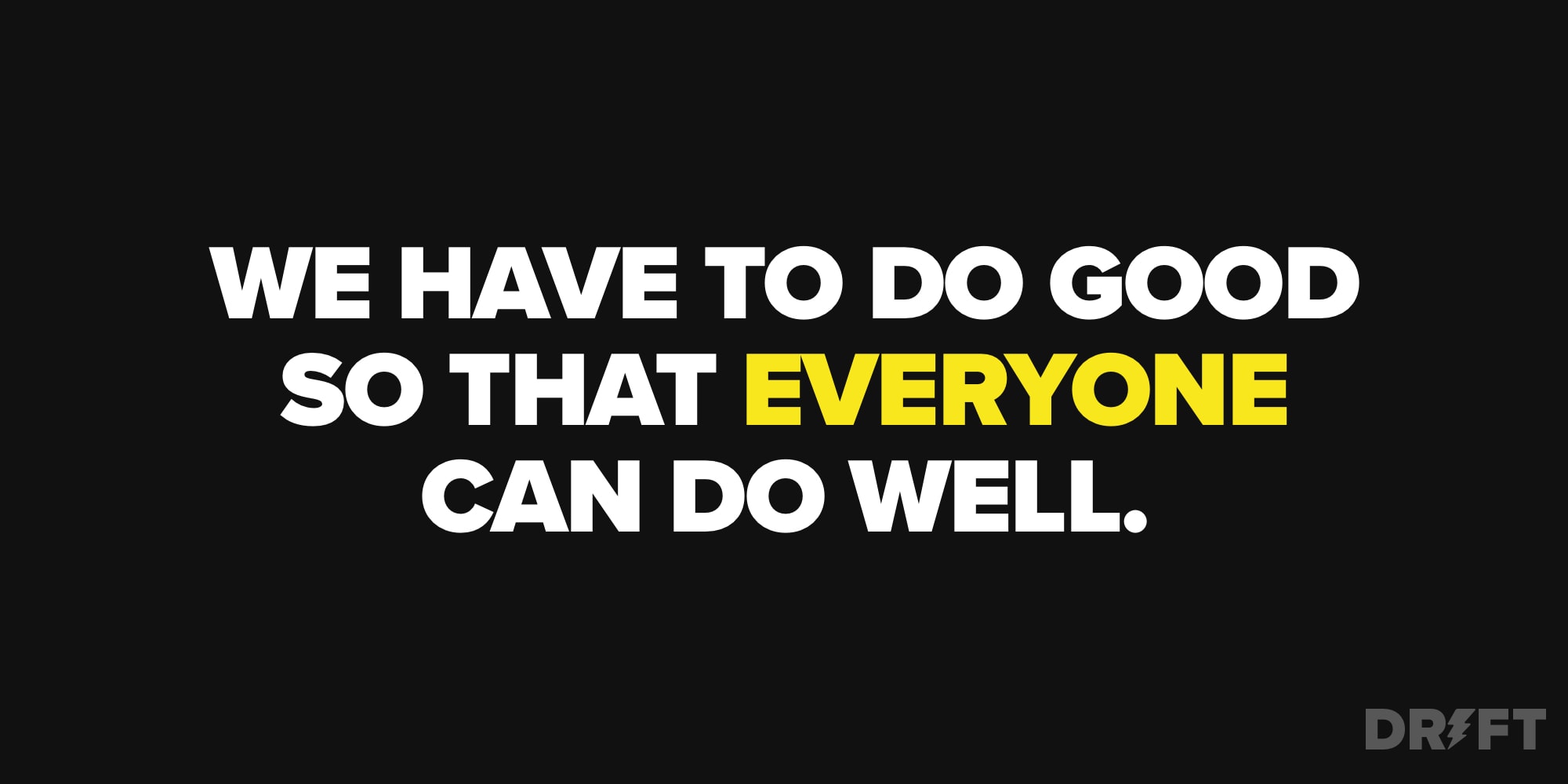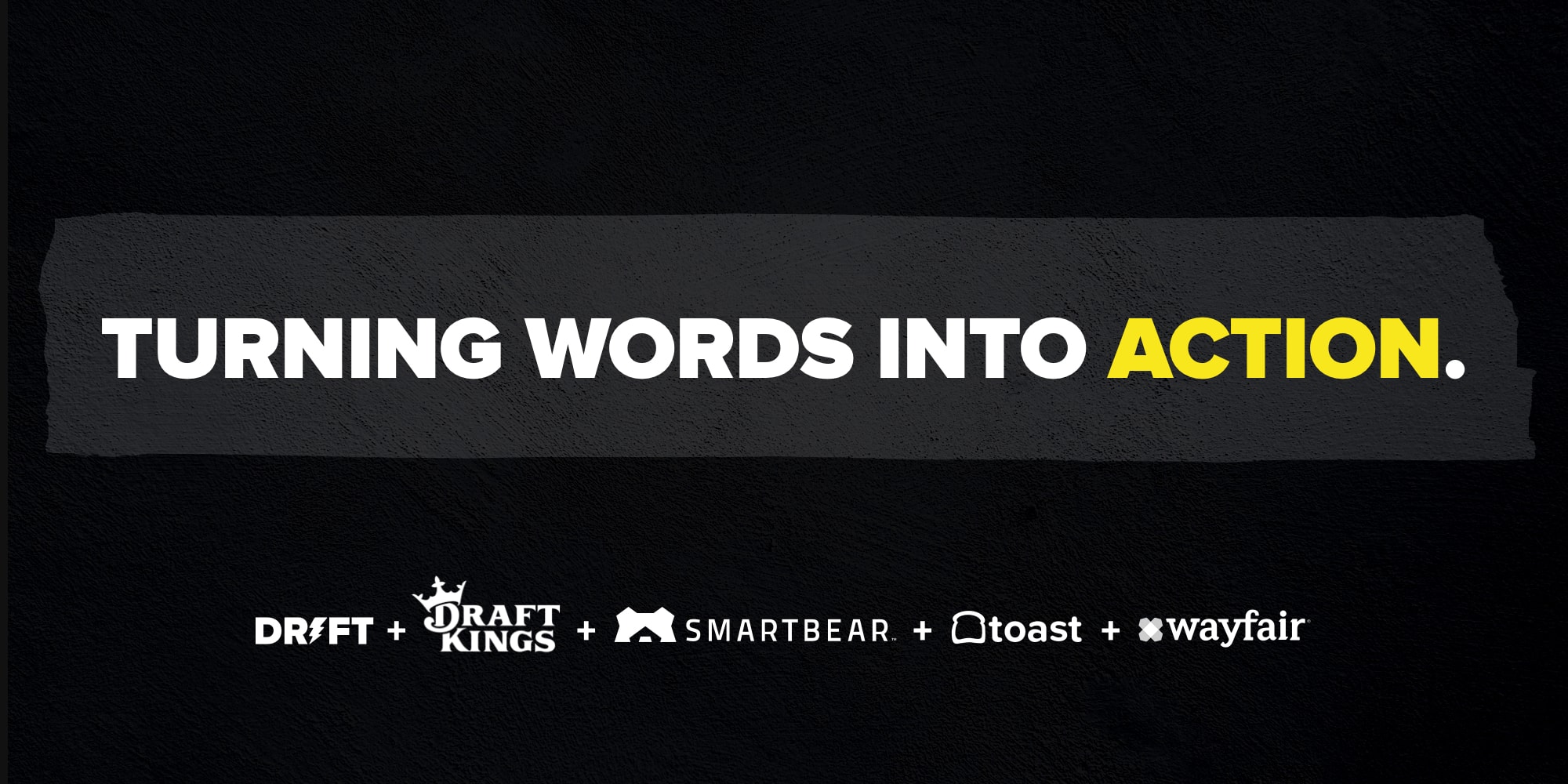
A couple of years ago, I was getting ready to speak at a local entrepreneurship event produced by Amplify Latinx, and from the moment I entered the green room I could tell from the chatter of voices I was among “my people.”
Those days of crowded technology conferences almost seem like a bygone era amid the effort to contain the spread of COVID-19, but even once we’re able to gather in large groups again, we can’t ignore all the other members of the Latinx community who might not be in those seats – and who will need our ongoing support.
As The Boston Globe recently reported, Chelsea has suffered the highest rate of incidence in COVID-19 cases in Massachusetts, with areas like Brockton not far behind.
Elsewhere in the U.S., New York City’s Health Department data shows Hispanics are dying twice as fast as Asians and at half the rate of white people. California health data shows Latinos aged 18-49 make up 70 percent of coronavirus-related cases, despite representing less than half the population.
Fighting this pandemic has already strained public sector resources to the breaking point, which means addressing the gaps in care – particularly those in underserved and underrepresented communities – is going to require a level of generosity commensurate with the crisis.
For my fellow Boston locals, there’s no shortage of organizations to support. Inquilinos Boricuas en Acción (IBA), for example, is tackling everything from affordable housing to education and the arts. Lawyers for Human Rights Boston is fostering equal opportunity and fighting discrimination. The Hyde Park Task Force is ensuring we listen to the voices of youth as we build Boston into a more equitable city.
What all these initiatives have in common are close, direct sites to the local community, as well as ongoing financial needs. This is not just a matter of money, however, but how it is distributed, and who contributes.
We need to transform the philanthropic sector to address systemic funding inequalities, as Aixa Beauchamp and Betty Francisco have so eloquently argued.
We also need those who have spent years talking about the power to transform everyday life through technology – companies ranging from small startups to large enterprises – to be equally game-changing in how they help public generosity scale.
This is a subtle but critical shift from how entrepreneurs and business leaders have been thinking and acting up until this point. When I spoke at that Amplify Latinx event in 2018, for instance, I talked about Roger Bannister, the British athlete who ran the first four-minute mile back in the early 1950s.
Just a year after that incredible achievement, three other runners broke Bannister’s record in a single race. It’s a powerful example of how one person can inspire others, and I wanted my audience of business professionals to realize we need similar Latinx role models in the startup community.
Today, that message still holds true, but I’d take it even further.
While the pandemic’s spread shut many organizations down overnight, at least temporarily, there are still plenty of organizations with the capacity to use their relationship-building skills and financial resources to galvanize the level of giving that COVID-19 demands.
There is a gulf between the help non-profits aspire to provide and what they are currently able to do. Entrepreneurs can build a bridge between the tech and venture capital community and non-profits to close those gaps, through matching donations or other forms of support.
From the very beginning, David Cancel and I stated that we wanted Drift, the business we co-founded, to be an enduring company in Boston. ‘Enduring’ doesn’t just mean that our products and services will last, but that we act in ways that strengthen the communities we serve.
I have been fortunate in my career. But I am also an immigrant who moved to the U.S. when I was 17 with nothing to my name. And that’s why I gave 100% of my salary from March, April, and May to local causes that need help.
It’s been my honor, for instance, to connect with organizations such as the Greater Boston Food Bank, which is helping to end hunger in eastern Massachusetts, and the Chelsea Collective, which is empowering residents to improve their economic and social health. When making these decisions, I looked to people like Betty for guidance in order to ensure that I wasn’t just writing a check – but instead also connecting and learning from people who live and breathe these causes every day.
Whether you act corporately or privately, cultivating generosity changes you. Before COVID-19, I would have told you that being successful as an entrepreneur was all about being laser-focused on results. Being “heads down.”
The pandemic calls for something more. No matter the size of their company, business leaders also now need to be “heads up,” actively searching for and identifying the problems in society we might be uniquely qualified to help solve.
This is not just “doing well by doing good.” As more business leaders answer the call that’s clearly coming from the Latinx community and elsewhere, we have to do good so that everyone can do well.







